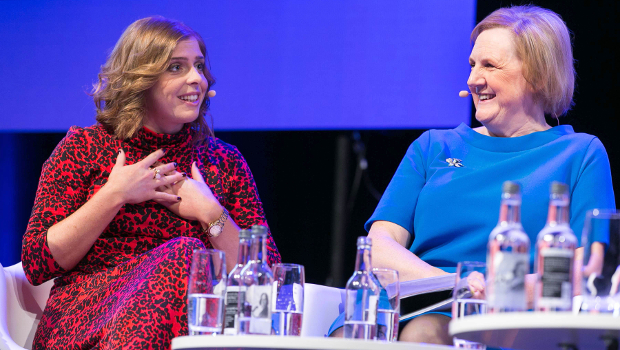
Culture of equality promotes innovation
A study from Accenture has found that a where organisations have a culture of equality have found it to be “a powerful multiplier of innovation and growth”.
In the “Getting to Equal 2019” report, Accenture identified six factors that affect an employee’s ability to innovate, finding these factors to be significantly more present in companies with a culture of equality than in least-equal companies.
A feeling of empowerment, typical in a culture of equality, drives an innovation mindset above all else.
Here in Ireland, the report says, employees’ innovation mindset, that is their willingness and ability to innovate, is more than six times higher among companies where there is a robust culture of equality, where everyone can advance and thrive, than in what is termed least-equal companies. Employees in these environments, the report finds, perceive fewer barriers to innovating at work, with 45% of Irish respondents working in a culture of equality saying “nothing stops me from innovating” and nearly three quarters (74%) saying “I am not afraid to fail in pursuit of innovation”.
“The business case for diversity is well-known and already well-established,” said Alastair Blair, country managing director, Accenture in Ireland. “While diversity drives business performance, innovation is a key competitive advantage, so the two must come together. The next step is a true culture of equality, where all members of a diverse workforce feel equally empowered to innovate. The Getting to Equal 2019 research makes it clear that harnessing the power of workplace culture is essential for Irish companies to unleash innovation across their organisations.”
Empowerment
Across all companies surveyed in Ireland, the vast majority (91%) of employees said they want to innovate but just 29% feel empowered to. The report says that a feeling of empowerment, typical in a culture of equality, drives an innovation mindset above all else.
Business leaders recognise that innovation is vital, and employees want to innovate but the findings highlight a disconnect, says the report. While more than three quarters (76%) of leaders say they regularly empower employees to be innovative, only 29% of employees agree. The implication, according to the report, is that leaders mistakenly believe that some circumstances encourage innovation more than they actually do.
Financial rewards in particular, appear to be overestimated in their effect, says the report, while purpose is underestimated. Pay is actually considerably less effective than culture when it comes to driving innovation, as the report states the impact of workplace culture factors on an innovation mindset is 21 times greater than that of an increase in average pay. In a more equal culture, the strongest factors underpinning an innovation mindset also include providing relevant skills training, flexible working arrangements and respect for work life balance.
Survey
The research is based on a survey of more than 18,000 professionals in 27 countries and a survey of more than 150 C-suite executives in eight countries, including Ireland, and a model that combines employee survey results with published labour force data.
The research was discussed at an annual event organised by Accenture for International Women’s Day 2019, at the Convention Centre Dublin. Described as the largest IWD event in Ireland, it saw around 1,600 attendees and a range of panellists discuss gender issues.
TechCentral Reporters







Subscribers 0
Fans 0
Followers 0
Followers